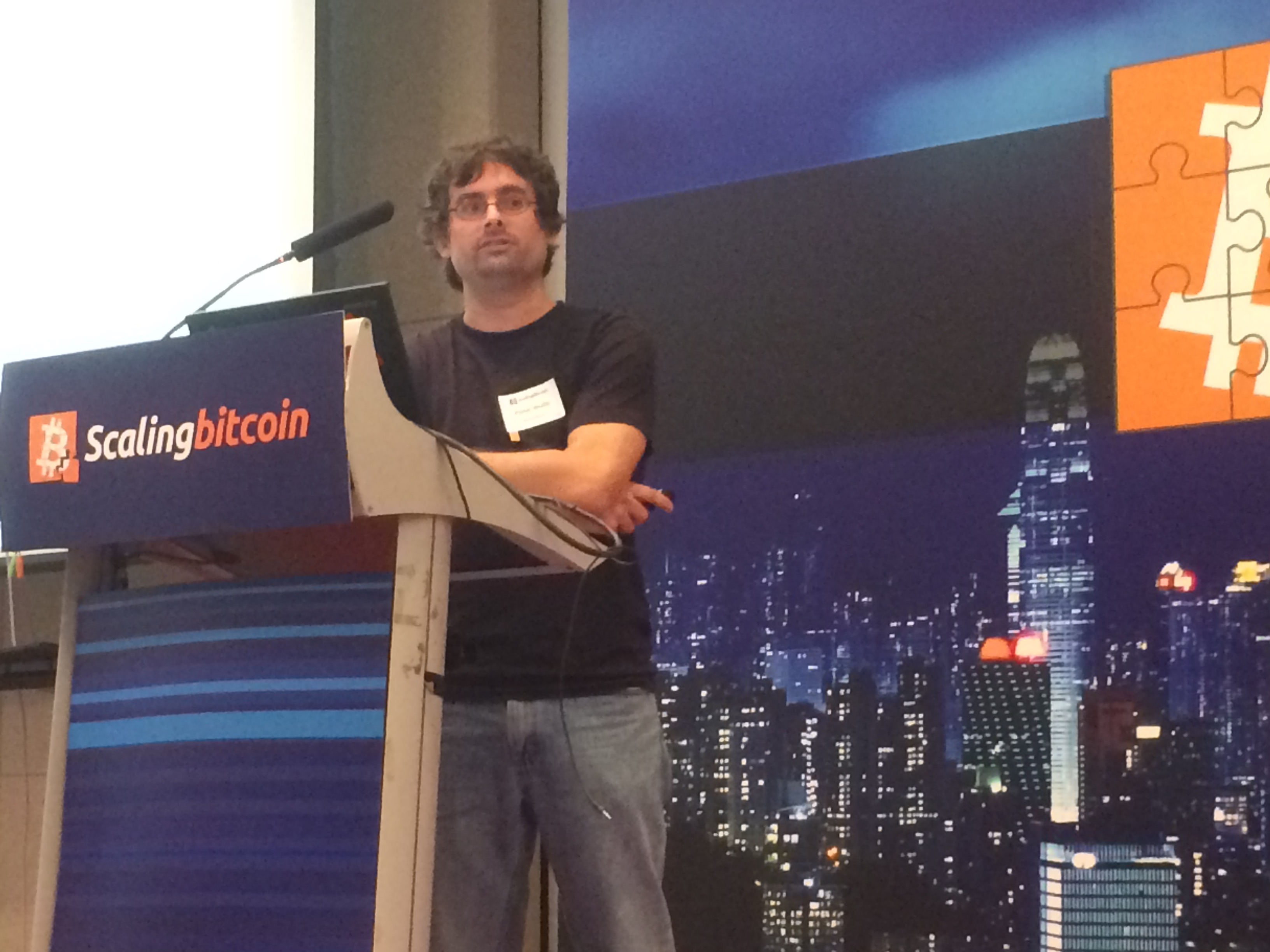Elliptic Follows Chainalysis in Adding Zcash to Monitoring Platform
Elliptic Follows Chainalysis in Adding Zcash to Monitoring Platform
Blockchain analysis company Elliptic has added two privacy coins to its monitoring platform.
Announced Tuesday, the addition of zcash (ZEC) and horizen (ZEN) will provide exchanges and institutional investors insight into when a transaction trail ends so they can take additional due-diligence measures.
Privacy is a core tenet of crypto, and firms looking to shine a light on shielded transactions must walk a fine line.
“We are helping regulated businesses look at transactions on the blockchain and completely support people’s rights to financial privacy,” said Tom Robinson, Elliptic’s chief scientist. “If funds are seen to come from a shielded address, that might then trigger some additional compliance processes.”
Elliptic’s announcement follows close on the heels of arch-rival Chainalysis, which trumpeted its support for zcash and dash earlier this month.
Robinson said his company was not seeking to defeat any of the privacy-enhancing functionality of these coins, adding a philosophical jab at his competitor.
“One of the core differences between us and Chainalysis is that they are really focused on law enforcement and so they will have customers who are asking them to de-anonymize the likes of Monero,” said Robinson. “We provide transaction screening tools for exchanges and don’t plan to offer our functionality on something like Monero where everything is private by default.”
Regarding the philosophical issue of shining a light on private transactions, Chainalysis communications director Madeleine Kennedy said:
“We believe there needs to be a balance between privacy and transparency and specifically blockchains like bitcoin achieve this balance. They provide pseudonymity so that personally identifiable information is not publicly available on the blockchain, but provide enough transparency to ensure safety and security.”
How private?
Privacy coins have a range of clever techniques built into them to avoid leaving a transaction trail on the blockchain. In the case of ZEC and ZEN, there’s a kind of opt-in privacy measure whereby users can choose to make their transactions visible on the blockchain or not.
Similar to how exchanges want to know if a bitcoin transaction has come their way via a mixer (a technique of combining many addresses to hide the originator of the transaction), Elliptic is offering a comparable service for privacy coins, said Robinson, showing when a transaction has come from a shielded address.
“Regulated businesses want to know whether funds are coming from shielded addresses, just as they want to know whether bitcoin is coming from a mixer,” Robinson added. “That doesn’t necessarily mean those funds are bad or illicit in some way; firms just need to know in order that they can take the appropriate next steps.”
Being able to tell when a transaction comes from a shielded zcash or horizen address will help increase adoption of these coins, Robinson said, since in some cases exchanges have been forced to delist privacy coins in order to maintain banking relationships.
“I think this capability remedies that,” said Robinson. “Something like zcash is now lower risk than bitcoin because you have the same visibility. Our analysis also shows zcash isn’t really used for illicit trade; there are very few dark marketplaces that accept zcash as a means of payment,” he said.
Kennedy of Chainalysis said the vast majority of zcash transactions are supported in the company’s analytics products.
“Roughly 14% of Zcash transactions involve one of Zcash’s two shielded pools in some way,” she said. “But of the transactions that interact with a shielded pool, only 6% are completely shielded, i.e. sender, receiver and transaction amount are all encrypted. That’s only 0.9% of all Zcash transactions.”
Crypto trading and lending firm Genesis Trading (which is owned by CoinDesk parent company Digital Currency Group) announced it will be incorporating Elliptic’s transaction and wallet monitoring tools for ZEC and ZEN.
Genesis does not conduct transactions with shielded addresses and does not conduct transactions with coins with any shielded address history, said Martin Garcia, the firm’s managing director.
“If coins come from an unshielded address, and have an unshielded address history, we perform additional due diligence based on the risk rating of the counterparty and the dollar value of the transaction,” said Garcia.
Disclosure
The leader in blockchain news, CoinDesk is a media outlet that strives for the highest journalistic standards and abides by a strict set of editorial policies. CoinDesk is an independent operating subsidiary of Digital Currency Group, which invests in cryptocurrencies and blockchain startups.








